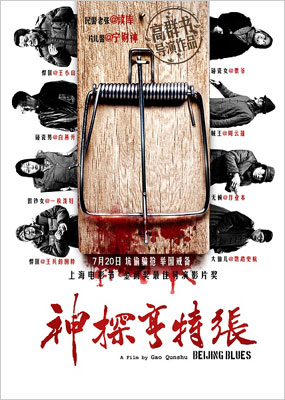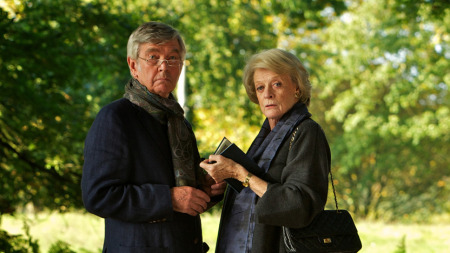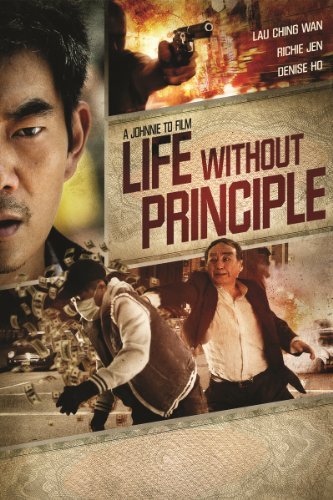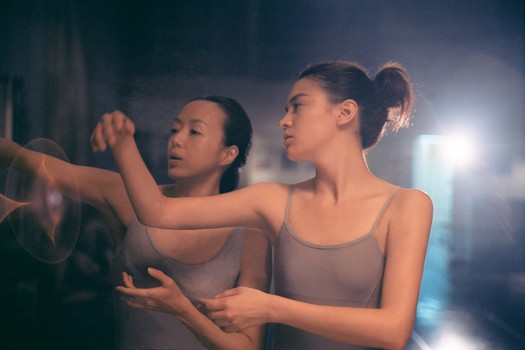Golden Horse Wins
 Saturday, November 24, 2012 at 2:45PM
Saturday, November 24, 2012 at 2:45PM  Today's Golden Horse Awards, the Chinese-Taiwanese Oscars, spread the wealth. Superstar Andy Lau (A Simple Life, Infernal Affairs, House of the Flying Daggers) had the honor of presenting Best Picture. It went to Beijing Blues but Beijing hardly dominated. Every BP Contender took home at least one prize and some of them major.
Today's Golden Horse Awards, the Chinese-Taiwanese Oscars, spread the wealth. Superstar Andy Lau (A Simple Life, Infernal Affairs, House of the Flying Daggers) had the honor of presenting Best Picture. It went to Beijing Blues but Beijing hardly dominated. Every BP Contender took home at least one prize and some of them major.
I watched a bit of the ceremony live on the web even though I speak no Cantonese, Mandarin or Taiwanese. Awards shows are -- you'll never believe this -- a source of endless fascination to me. Yes, even if I have no clue what's going on.
I was told at one point though that the producers were asking the hosts to ad lib more since the ceremony was running short -- imagine it! Otherwise awards ceremonies speak a universal language. Consider the Best Actress category: silly presenter banter, 5 nominees, a mix of teary and elegant and 'why did they pick that?' clips, tense multi-camera grid as the winner is announced, and a tearful young beauty winning the big prize.
Also, just like it would happen at the Oscars, her equally pretty young male co-star (Joseph Chang) lost the counterpart male category to a mature and well respected character actor who'd paid his dues. The gender rules of awardage appear to be universal, too!
 THE WINNERS
THE WINNERS
Best Picture Beijing Blues (pictured left) is a drama about a detective catching thieves
Audience Choice Gf*Bf (a popular youth-oriented romantic drama)
Best Director Johnny To Life Without Principle (Hong Kong's Oscar submission)
Best Actress Gwei Lun-Mei Gf*Bf
Best Actor Ching Wan Lau Life Without Principle
Best Supporting Actress Liang Jing Design of Death
Best Supporting Actor Ronald Cheng Vulgaria
Best New Performer Qi Xi Mystery
A complete list of winners and nominees can be found at the official Golden Horse site.









